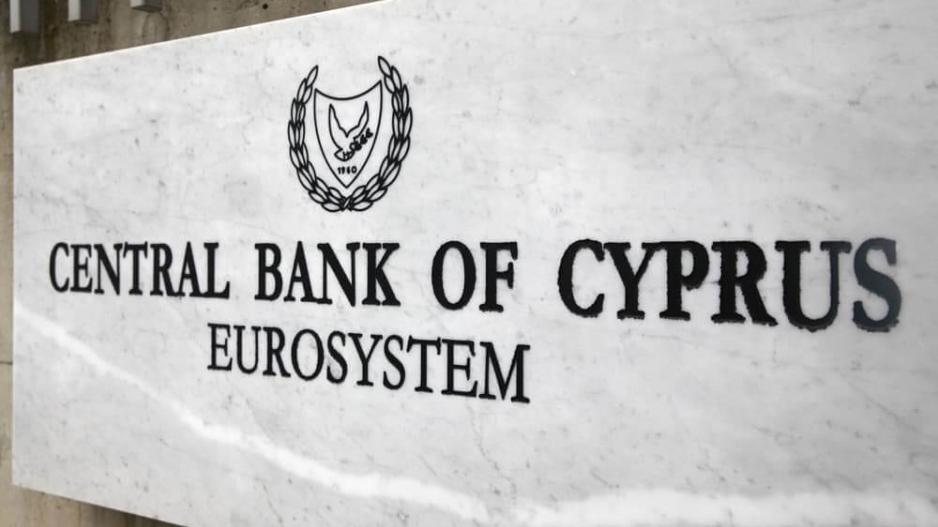Middle East Conflict Casts Shadow on Cypriot Economic Forecasts
Herodotou Advocates for Budgetary Adaptability Amid Geopolitical Tensions
Governor of the Central Bank of Cyprus, Constantinos Herodotou, underscored the importance of fiscal planning that accounts for uncertainties due to geopolitical tensions. Speaking at the parliamentary committee of Financial and Budgetary Affairs' examination of the 2024 state budget, Herodotou shared projections from September 2023, indicating the Cypriot economy would grow by 2.4% this year, with an acceleration to 2.7% in 2024 and 3.1% in 2025.
However, these forecasts were developed prior to the Israeli conflict. The repercussions of the war on the Cypriot economy are yet unknown and hinge on the conflict's scale and longevity. Herodotou emphasized the need for budgetary flexibility to address any crises arising from the conflict, expressing satisfaction with the current budget's assumptions.
Highlighting the robustness of Cyprus' banking sector, the Governor expressed confidence in Cypriot banks' ability to withstand potential crises. He reported a 3% GDP surplus in the state budget for January to September, attributing the 16.8% rise in state revenue year on year to economic growth and increased income due to high prices.
Herodotou noted an 9.3% increase in state expenditure in the initial eight months of the year, driven by elevated state employee wages and augmented welfare spending. Potential risks include demands for wage hikes, costs related to the National Health System, and rising debt service costs, even though the state possesses substantial reserves.

In banking, Herodotou highlighted the resilience of Cypriot banks, with liquidity ratios surpassing Euro area averages. Despite ongoing challenges and elevated risks, the banks maintain higher capital levels. He revealed no new non-performing loans inflow till July 2023, and a decline in loans at stage 2, indicative of credit deterioration, by 6.9% in the first half of the year.
A significant spike in loan renegotiations to €3 billion from €1.4 billion the prior year was attributed to soaring interest rates. The Central Bank continues its efforts to encourage banks for loan renegotiations to prevent non-performing loan surges.
The Governor also discussed lending trends, stating that while corporate loans have increased, housing loans have declined. This drop, he said, relates to escalating interest rates.
Herodotou concluded with data insights into interest rates. He emphasized that while Cyprus is competitive in lending rates when compared to the Euro area average, it lags in deposit interest rates, mainly due to the banks' high liquidity. The Governor also provided a breakdown of loans in relation to interest rates, highlighting the significant proportion linked to the Euribor interest rate and the ECB rate changes.






